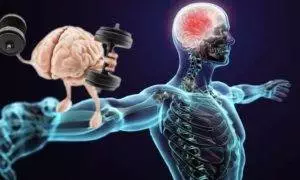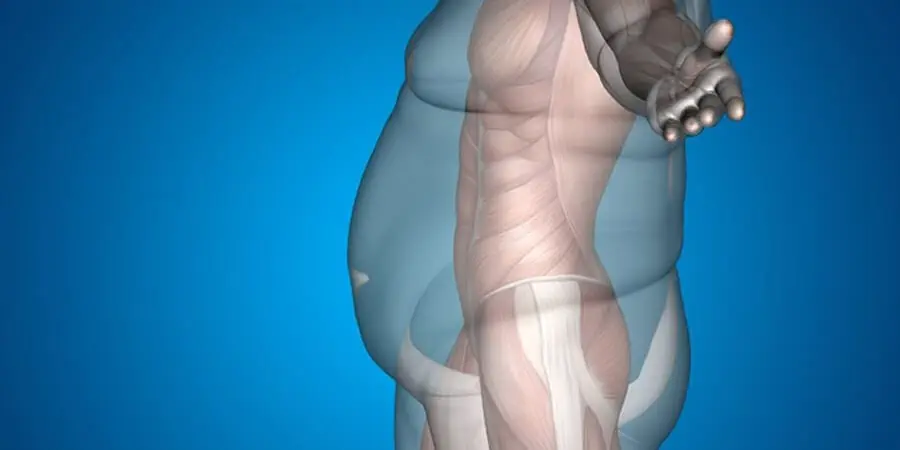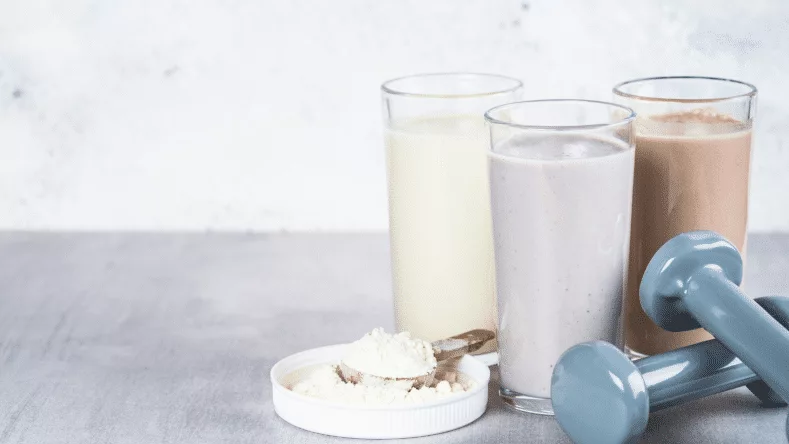With the increased interest in fitness and muscle building, nutritional supplements have become a popular topic in the world of exercise. One of the supplements that has gained great popularity in recent years is creatine. Creatine supplement is considered one of the most popular and used among athletes and strength trainees, but do you know everything about this supplement? In this article, we’ll take a look at what you don’t know about a creatine supplement.
What is creatine?
Creatine is a natural compound found in the human body, and it plays an important role in producing energy for the muscles. Creatine is stored in the muscles and is used by muscle cells to produce the energy needed for short, high-intensity exercises.
Benefits of creatine supplement:
Increase strength and physical performance:
A creatine supplement promotes rapid recovery between workouts and helps increase energy levels, allowing athletes to perform more strenuous exercises and lift heavier loads.
Increase muscle size:
Creatine increases the amount of water stored within the muscles, which leads to an increase in muscle size and a full, plump appearance.
Improving athletic performance:
A creatine supplement is useful for sports that require short, intense efforts, such as weightlifting and combat sports.
How to use a creatine supplement:
A creatine supplement is usually provided in powder form that can be mixed with water or smoothies. A daily dose of 3-5 grams of creatine is usually recommended. A loading period can also be performed at the beginning of using the supplement, where higher doses are taken for two weeks followed by a maintenance dose.
Side effects of creatine supplement:
Although creatine supplements are generally considered safe to use, some people may experience digestive changes such as nausea or diarrhea. Water retention in the body may also occur, resulting in slightly increased body weight.
It is highly recommended to stay well hydrated when taking a creatine supplement and monitor your individual body’s response to it.
Not all athletes need a creatine supplement:
Despite their potential benefits, creatine supplements are not necessary for everyone. If you do simple or aerobic exercises like running, you probably don’t need to take a creatine supplement. It can be of greatest benefit to athletes who perform intense and advanced strength exercises.
In conclusion, a creatine supplement is a popular addition to the exercise routine of many athletes. If you are considering its use, it is important that you consult your coach or nutritionist to determine if it is appropriate for your individual needs and athletic goals. The use of a creatine supplement must be done in a balanced manner, adhering to the recommended doses, and monitoring possible side effects.
You have visited 0 post(s)



















